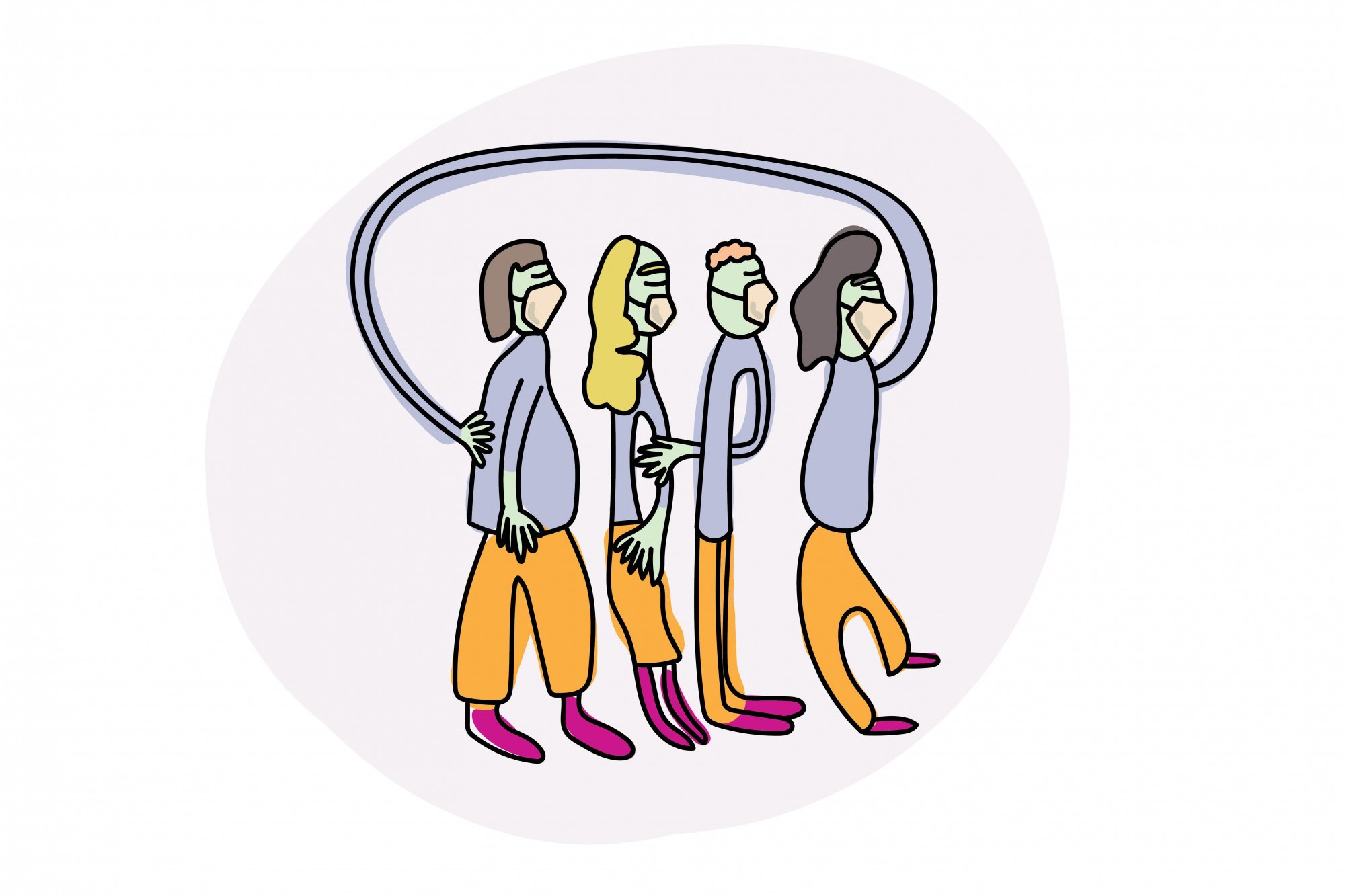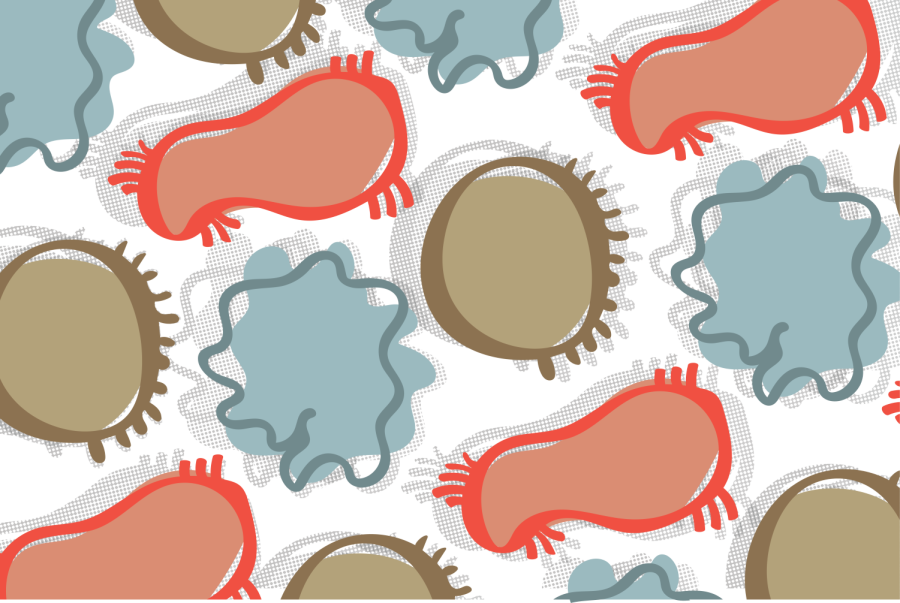University of Minnesota researchers opened a clinical trial Tuesday to test a malaria drug that will hopefully prevent COVID-19.
This is the first round of clinical trials to test the drug as a COVID-19 prevention method. Researchers are looking to test exposed healthcare workers and people who have come in household contact with someone who has the disease.
Participants in the randomized study will either receive the malaria medication called hydroxychloroquine or a vitamin placebo.
“We’re looking for up to 3,000 people to enroll, and that’s kind of a moving target,” said Caleb Skipper, a researcher behind the trial and a University infectious disease postdoctoral fellow. “Anyone in the U.S. with a U.S. address would be eligible to be screened for the trial.”
This is one of three clinical trials currently going on at the University. The other two trials will test a drug developed for Ebola called remdesivir and a high blood pressure drug called losartan against patients with COVID-19.
“Usually a phase 3 randomized trial takes months and months of time to set up … it was approved in one week,” he said.
Potential trial volunteers can determine their eligibility by answering screener questions about their exposure.
Both sets of volunteers will be compared at the quarter mark of the trial by a data and safety monitoring board. This independent group of experts will determine whether the drug is effective. Sometimes the results show the drug is so effective early on that it is unethical to continue trials or an adverse event will stop the trials, Skipper said.
The trials will be conducted using a telemedicine method, which means that patients will receive medication and care while the provider is not physically present.
“All over the country patients are being called by their doctors, their nurse practitioners. Their medical histories are reviewed, a medical note is typed up or dictated and that’s the visit,” said Paul Tuite, a University professor in the Department of Neurology. “So I think that’s where we’re heading … every day is new.”
Eligible volunteers will receive their medication in the mail and answer surveys at certain points in their dosage. The most common side effect of hydroxychloroquine is a mild upset stomach.
“We have a lot of experience giving it to healthy people because we used it when people would travel to Africa, per se, and wanted to prevent getting malaria,” Skipper said. The drug has been around since the ’50s and exhibits unknown properties such as working on some autoimmune diseases.
For more information about participating in the clinical trial, email covid19@umn.edu for instructions.














